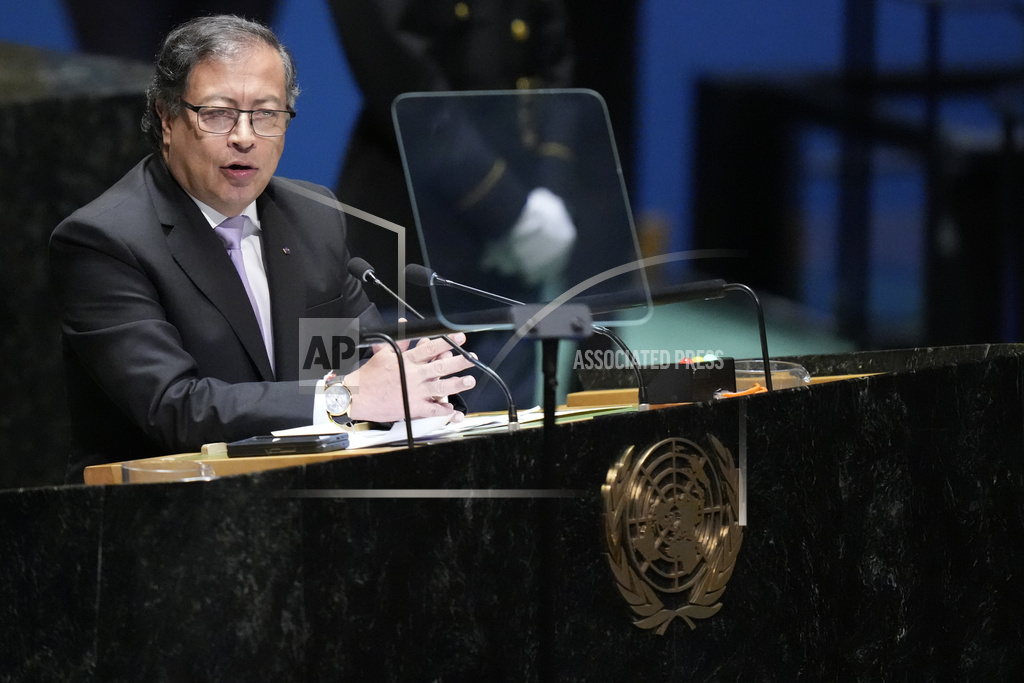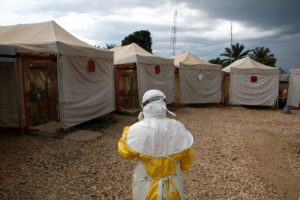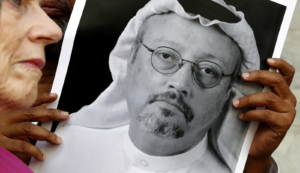
In an interview with El Pais in 2021, Gustavo Petro pointed out that the mural on the ceiling of a room within the Colombian Senate building depicted not a single woman, nor farmer, nor common man, but rather the oligarchy and the church. Many within Colombia now feel that the government, like the mural, does not represent their interests.
Gustavo Petro is Colombia’s first left-wing president in a generation. He leads a nation of 50 million people, most of whom are fed up with years of a corrupt political establishment, a rising tide of economic inequality and lack of economic opportunity. He is also an ex-member of a left-wing revolutionary armed militia–the M-19– which he joined when he was 17. He has been accused by many of his critics of being a “radical socialist.” but this couldn’t be any further from the truth. In response to critics of his political ideology, he has stated that “the necessities of Colombian society are not based on building socialism, but on building democracy and peace, period.” It is precisely this rhetoric that has made him so popular among Colombians, who have historically been extremely distrustful of the national government and are calling for social justice reform.
Yet Petro’s “democracy and peace” has nothing to do with socialism at all, as critics have claimed. The government recently apologized for the extrajudicial killing of 19 civilians during its campaign against the Revolutionary Armed Forces of Colombia (FARC), the largest militarized rebel group in the country. The government asked the families of the victims for forgiveness for the killings which “should have never happened.” Although the government signed a peace agreement with the FARC in 2016, it has also kept negotiations open with FARC splinter groups in order to avoid such violence from continuing.
Drug policy has been an extremely important issue for Petro, who has been seeking to dismantle the infrastructure of the drug economy while avoiding the criminalization of coca growers. The government has been seeking a variety of solutions, including paying current coca growers a living wage if they switch off growing coca leaf, or allowing the production of coca leaf but using it for licit purposes, such as making products like coca flour. This is a stark departure from the historically US-backed solution of complete eradication of the coca fields, but the only solution so far that has sought to spare the small farmer in favor of attacking the large-scale drug traffickers.
Since his 2022 campaign, Petro has made inclusivity a key concept in his policy, approving an extremely popular constitutional referendum that formally recognized the rights of the peasantry. Likewise, his administration signed a decree that declared free public undergraduate education within all public universities in Colombia. Within a few years this will create 130,000 new slots for students, as well as opening 500,000 slots for those in remote areas of the country.
Petro’s own running-mate and now Vice President of Colombia, Francia Márquez, a longtime environmental activist, was the first Black woman to be elected into the office. She grew up sleeping on dirt floors and working in gold mines, in a region ravaged by conflict. In a country with 40% of people living in poverty, and Black, indigenous and rural communities suffering the worst economic outcomes, a Petro-Márquez government could represent a stark change from decades of corruption, violence, economic inequality, and discrimination.
There is nothing inherently socialist about caring for the common man. There is nothing radical about wanting a government that looks like the country it is representing, or expanding access to public services. Petro may have been a revolutionary at seventeen, but now at the age of sixty-three, he is simply calling for a government to finally serve the people of Colombia, as it has failed to do for so long.



